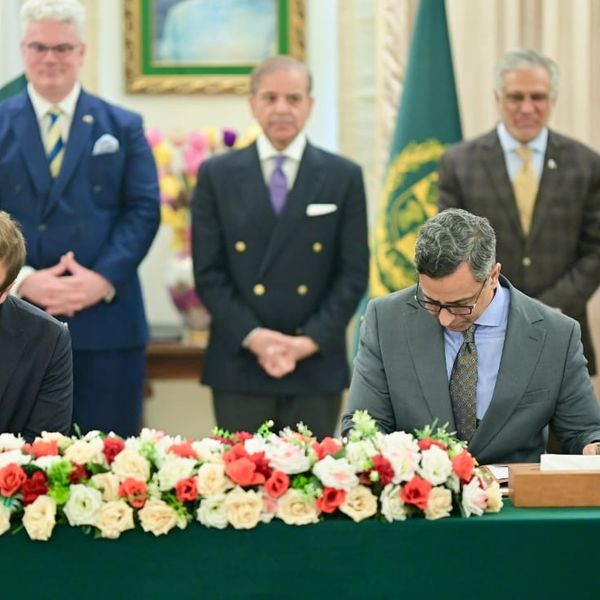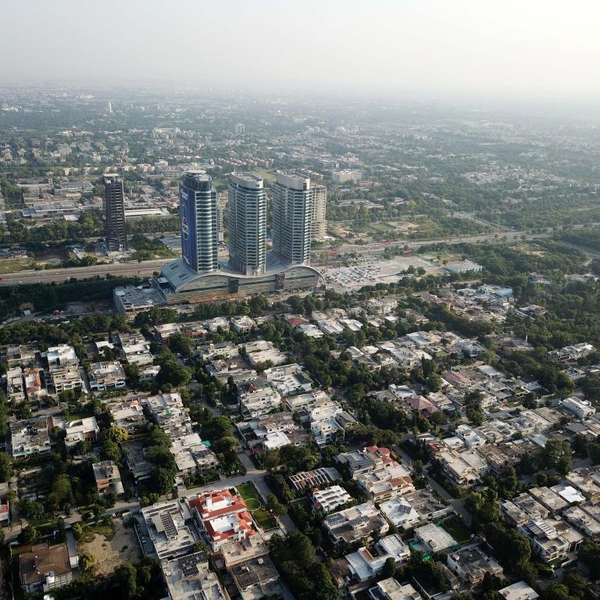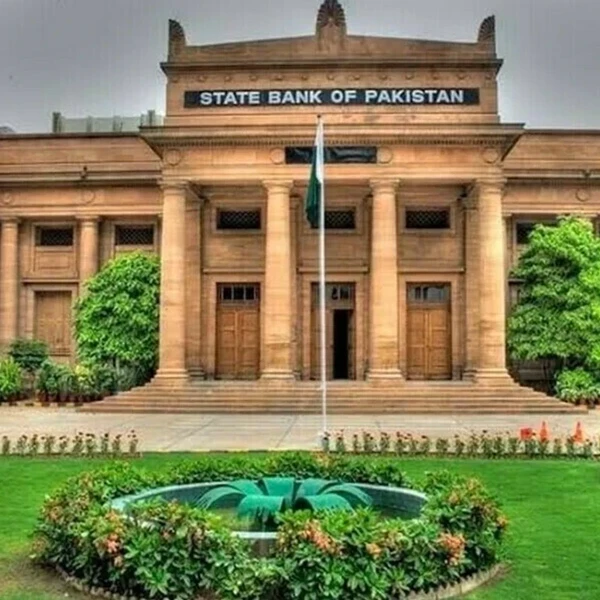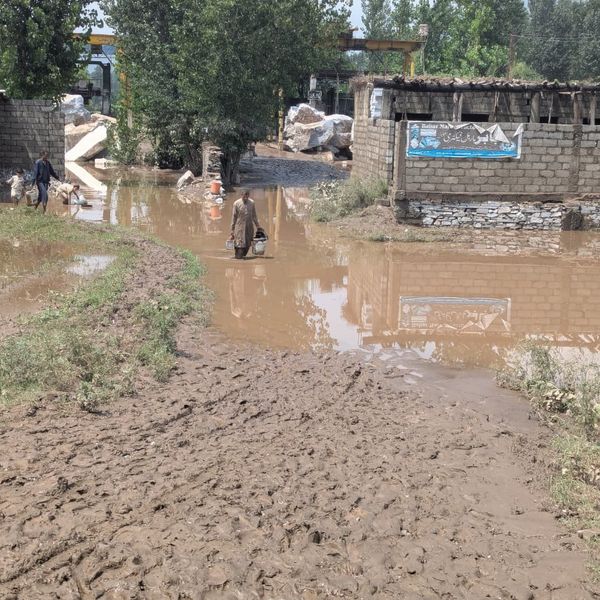Pakistan ministry’s ‘ego’ blamed for thousands missing Hajj, Senate panel told
The Senate panel was informed that the 2026 Hajj package may range from PKR 1.1 to 1.5 million

Javed Hussain
Correspondent
I have almost 20 years of experience in print, radio, and TV media. I started my career with "Daily Jang" after which I got the opportunity to work in FM 103, Radio Pakistan, News One, Ab Tak News, Dawn News TV, Dunya News, 92 News and regional channels Rohi TV, Apna Channel and Sach TV where I worked and gained experience in different areas of all three mediums. My journey from reporting to news anchor in these organisations was excellent. Now, I am working as a correspondent with Nukta in Islamabad, where I get the opportunity of in-depth journalism and storytelling while I am now covering parliamentary affairs, politics, and technology.

A parliamentary panel has criticized Pakistan’s Ministry of Religious Affairs for alleged mismanagement, lack of transparency and what a lawmaker described as the ministry’s “ego,” blaming it for the exclusion of over 60,000 pilgrims from the 2025 Hajj.
The Senate Standing Committee on Religious Affairs also raised concerns over restricted access to Karbala for Pakistani pilgrims and alleged irregularities in procurement processes.
The committee met in Islamabad under the chairmanship of Senator Atta-ur-Rehman. Key issues discussed included the mishandling of the private Hajj scheme for 2025, problems faced by overseas pilgrims, and logistical restrictions on pilgrims traveling to Karbala for Arbaeen.
Hajj arrangements in Pakistan are divided between a government-managed program and a private scheme run by licensed tour operators -- both supervised by the ministry to ensure quality standards and smooth facilitation.
The committee was informed that the Hajj package for 2026 is expected to range between PKR 1.1 million and PKR 1.5 million.
During the meeting, Senator Aun Abbas presented the findings of a sub-committee investigating the private Hajj scheme.
According to the report, the ministry failed to communicate timely information to overseas pilgrims and has yet to clarify refund procedures for the 63,000 applicants who were unable to perform Hajj due to system failures.
Senator Abbas blamed the Ministry’s “ego” and lack of coordination with the Hajj Organizers Association of Pakistan (HOAP), which ultimately led to non-compliance with Saudi requirements.
He added that the private scheme suffered from discriminatory treatment, largely due to the complicated system of dividing operators into Zones I and II. Despite government claims of a successful Hajj operation, the exclusion of 63,000 Pakistani pilgrims has sparked widespread criticism.
Senator Abbas also criticized the unchecked powers of the current DG Hajj, who, he claimed, holds near-royal authority over pilgrims. He called for the DG’s immediate replacement, recommending a two-year term limit and a requirement for Arabic language proficiency and familiarity with the Saudi system.
Further scrutiny was directed at the Procurement Committee for awarding a perfect score to Al-Raji Company, raising questions about fairness and transparency. Abbas demanded an auditor general-led inquiry into the technical aspects of the Al-Raji contract, as well as the dissolution and reconstitution of the Procurement Committee.
The meeting also addressed restrictions imposed on pilgrims traveling to Karbala for Arbaeen. Senator Allama Nasser Abbas emphasized that protecting pilgrims' religious rights falls within the Ministry of Religious Affairs' mandate, and criticized interference from the Interior Committee.
He noted that a trilateral agreement had been reached between Iran, Iraq, and Pakistan to facilitate pilgrim movement, warning that continued restrictions could lead to a financial loss of at least PKR 50 billion, with an additional PKR 48 billion burden if alternate routes are used.
Responding to concerns, the secretary of religious affairs said that alternative routes -- including a sea route -- are under consideration, though security concerns in Afghanistan remain a challenge. He assured that efforts are being made to ease the pilgrimage process.
Senator Allama Raja Nasir Abbas complained that he was not consulted on the tour operators' policy. In response, Federal Minister for Religious Affairs Sardar Muhammad Yousaf promised that future consultations would take place and all concerns would be addressed.










Comments
See what people are discussing